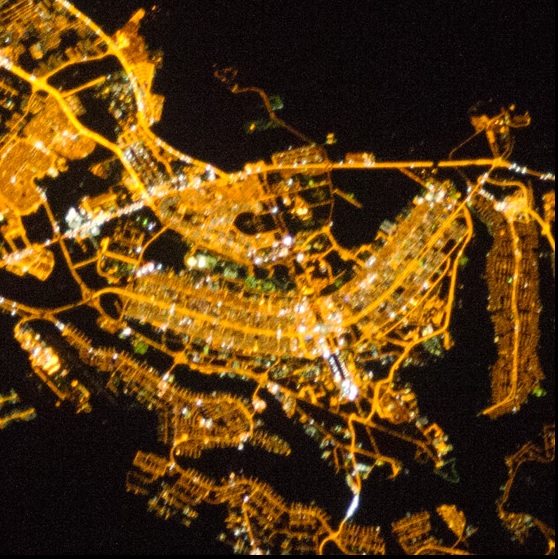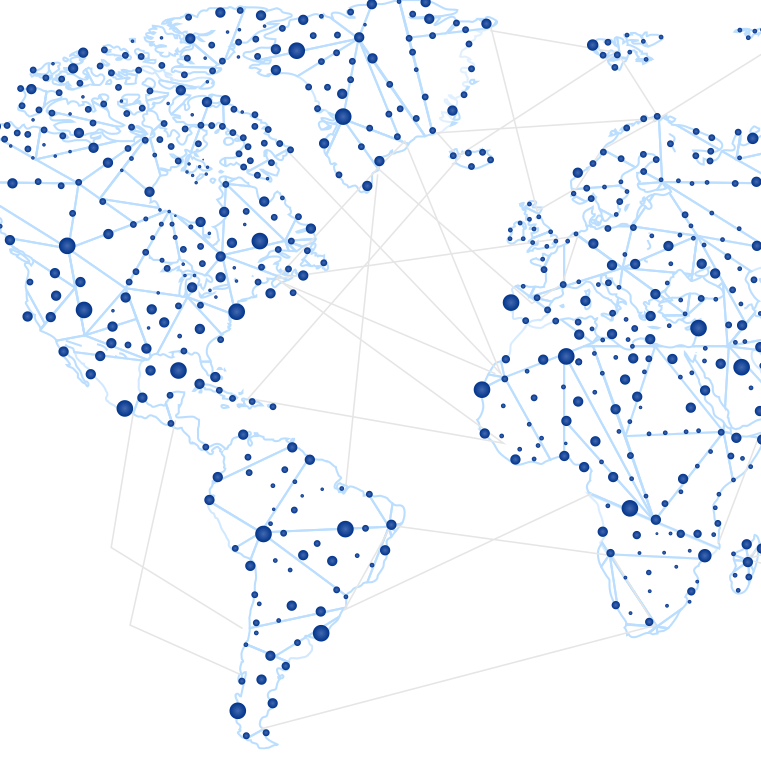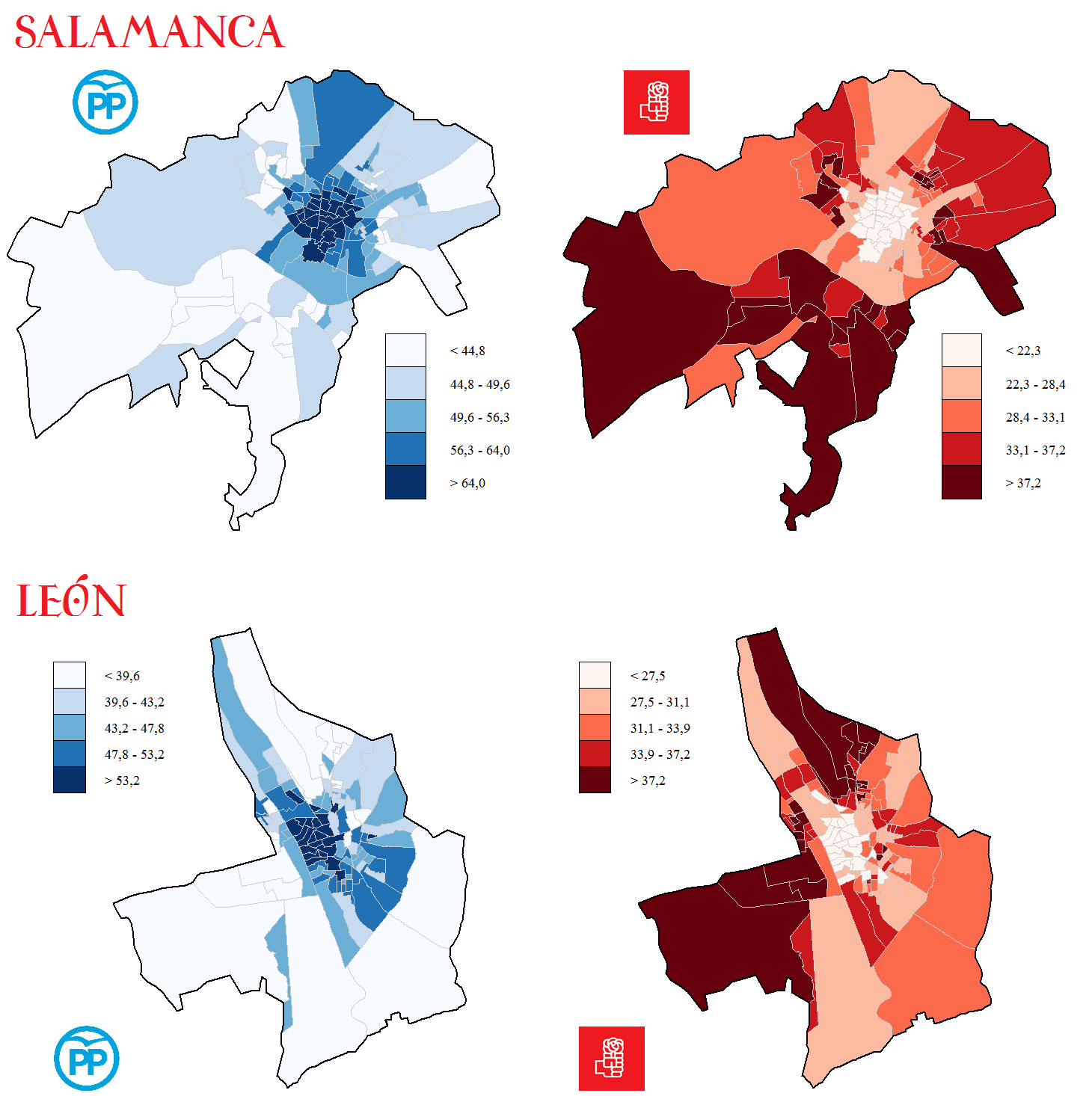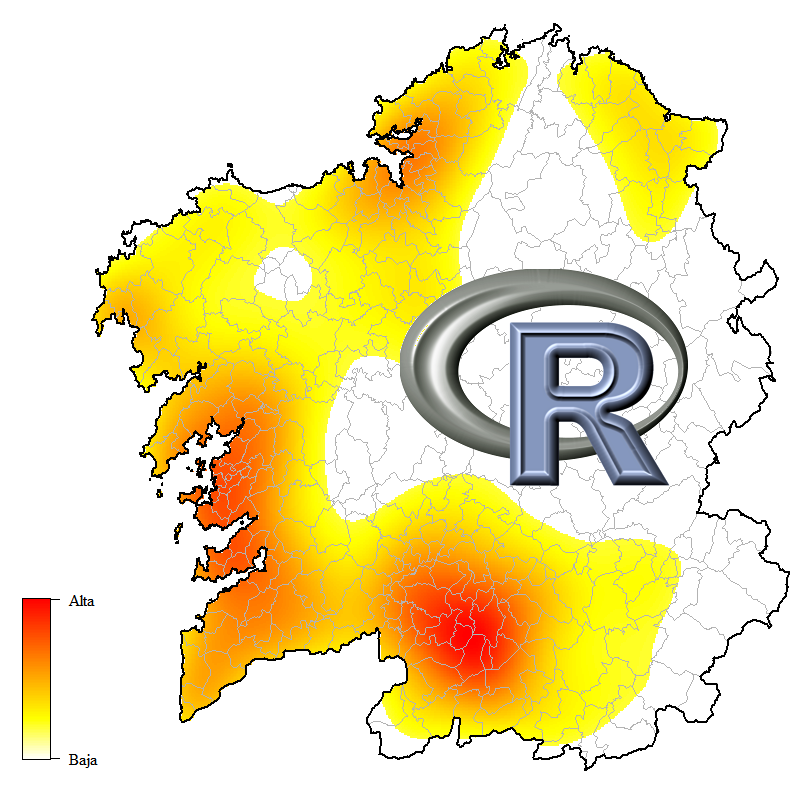Our Work
Teaching and Training
Basic training
We offer our students introductory courses to spatial analysis applied to social sciences and other data analysis techniques.
Advanced courses
These are courses on more advanced techniques, destined to those already familiar to basic tools.
Tailored Training
These courses are aimed at concrete audiences, fulfilling specific or sectoral needs.
Internships
We provide solid methodological training to students collaborating in our projects.
Experience
CompassLab have a large experience in university teaching and training in spatial analysis.
Our courses are oriented towards providing students with a broad range of practical knowledge in those spatial analysis techniques applied to social science research.
- Cartography and Maps in the Social Sciences.
- Space, Power and Society in Latin America.
- Introduction to Spatial Analysis using R.
- Social Networks and Space.
Our Courses
Space, Power and Society in Latin America
Prerequisites: there are no prerequisites.
Duration: 20 hours.
Topics:
- Mapping Latin America: Spatial analysis in social sciences and its diffusion in Latin America.
- State, territory and power
- Geographically uneven development and public policy
- Participatory Cartography
- Space and Culture
This course will be held between February 22nd and 25th 2016 at the Institute of Iberoamerican Studies of the University of Salamanca.
The syllabus can be found here.
Cartography and Maps in the Social Sciences
Prerequisites: Some basic knowledge on statistics, Excel and statistical packages such as SPPS are recommended (although not mandatory).
Duration: 20 hours.
Topics:
- Sources and preparation of social data for spatial analysis
- Spatial data visualization (maps, histograms, etc.)
- The main operations using geographic data
- ESDA - Exploratory Spatial Data Analysis
- The notion of neighborhood and its many types
- Spatial autocorrelation and spatial clusters
This course will be held between March 14th and 18th, 2016 at the Political Science Department of the Pernambuco Federal University - UFPE (Brazil).
Electoral Geography: Applications and Methods
This intensive course has the core aim of introducing electoral geography, describing briefly its central debates and those methods that are most employed by researchers in the field. More specifically, it enables students to identify:
- some key concepts of the (sub)discipline
- its theoretical development over time and its main schools
- the more recurrent methods employed in the analyses
Besides, the tools and data employed in the course are briefly introduced, requiring just a basic knowledge on how to use GIS.
Prerequisites: Some basic knowledge on electoral systems, statistics, Excel and statistical packages such as SPPS are recommended.
Duration: 40 hours.
Topics:
- The development of electoral geography
- From maps to the spatial analysis of vote
- The spatiality of political representation
- Vote and sociodemographic characteristics
- Scale, location and electoral forecasting
This course is offered to closed groups.
For more information, please, write us: compass@usal.es.
Maps and Spatial Analysis using R
This course has the same fundamental concept of “Cartography and Maps in the Social Sciences”. Nonetheless, its difference is the emphasis put on the strict connection required between a statistical package and a Geographical Information System (GIS) when performing data analysis.
While “Cartography and Maps in the Social Sciences” is based mainly on GIS software to introduce spatial concepts and models to students, this course advances in terms on how to combine statistics and GIS within R in order to enhance productivity. Most of spatial analysis is focused on geostatistics and GIS packages are severely limited when data manipulation and diversity of spatial statistical models are concerned. R enables overcoming these limitations while providing, at the same time, a platform for basic cartography and the confection of innovative exploratory maps and spatial visualizations (particularly the combination of maps and other statistical graphics).
Prerequisites: Some basic knowledge on statistics and on Excel are recommended. Basic knowledge on R is mandatory.
Duration: 20 hours.
Topics:
- General concepts and the representation of social phenomena in space
- Sources and the preparation of data
- Making maps
- The geographic analysis of social phenomena
- The statistical analysis of social patterns in space
This course is offered to closed groups.
For more information, please, write us: compass@usal.es.
Introduction to Social Data Analysis using R
Prerequisites: Some basic knowledge on statistics, Excel and statistical packages such as SPPS are recommended.
Duration: 20 hours.
Topics:
- The R environment and the construction of a social database
- EDA - Exploratory Data Analysis
- Graphics using R
- Hypotheses testing, finding patterns, highlighting differences
- Establishing causal relations
This course is offered to closed groups.
For more information, please, write us: compass@usal.es.



